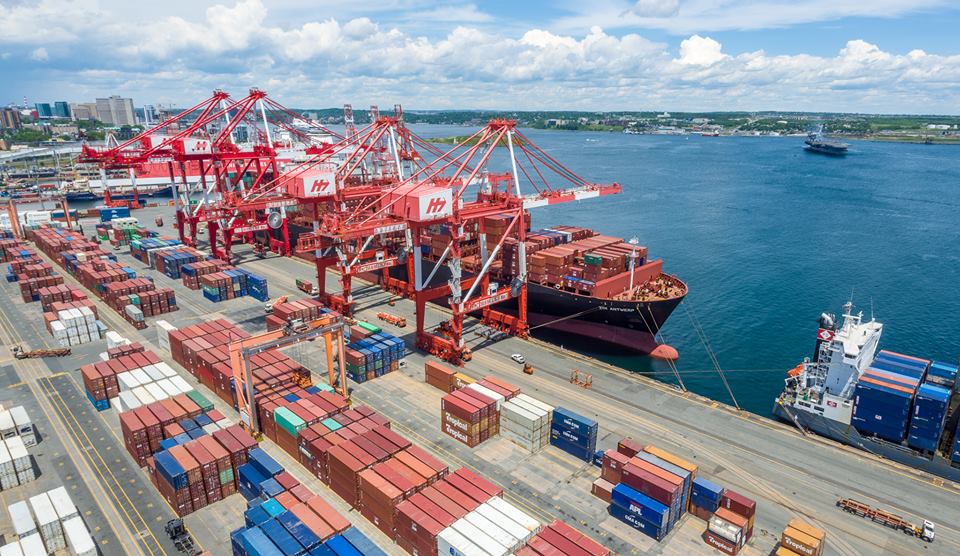In a landmark move to overhaul India’s maritime legal framework, Parliament has passed the Carriage of Goods by Sea Bill, 2025, repealing the outdated 1925 Act and ushering in laws designed for a modern, globally aligned shipping sector.
Repealing Colonial-Era Law & Embracing Global Norms
The new Carriage of Goods by Sea Bill 2025 formally replaces the nearly century-old Indian Carriage of Goods by Sea Act, 1925, which had long guided India’s maritime cargo regulations under colonial remnants.
With this reform, India joins international peers in adopting the Hague‑Visby Rules—a globally accepted maritime standard that ensures clearer responsibilities and liabilities for goods transported by sea. This move is expected to enhance transparency, reduce litigation, and streamline cargo operations.

Legislative Journey & Parliamentary Debate
- In the Lok Sabha, the bill was passed in March 2025; later, the Rajya Sabha approved it on August 6, 2025, through a voice vote amid Opposition protests related to the Special Intensive Revision (SIR) of electoral rolls.
- Parliament witnessed a rare moment when both the Carriage of Goods by Sea Bill 2025 and the Merchant Shipping Bill 2025 were passed on the same day—both under the Ministry of Ports, Shipping & Waterways—signifying a dual endorsement of Prime Minister Modi’s maritime modernization vision.
Key Provisions of the New Bill
- Modernizes Legal Language & Structure
The legislation retains essential provisions of the 1925 Act—like establishing responsibilities, liabilities, rights, and immunities in maritime carriage—but reframes them in contemporary, stakeholder-friendly language. - Central Government Powers
The Bill empowers the government to:- Issue directions to implement its provisions.
- Amend the schedule items—such as rules for bills of lading—via notifications, without needing fresh legislation .
- Bill of Lading Clarity
The Bill clarifies legal aspects of the Bill of Lading, a vital document that serves as receipt, contract, and title in international shipping—defining liability, rights, and documentation norms clearly for shippers and carriers.
Broader Impacts & Strategic Significance
- Ease of Doing Business: The overhaul substitutes complex, archaic rules with clarity and fairness, simplifying engagement for exporters, importers, and logistics stakeholders.
- Global Alignment: Adopting Hague‑Visby Rules brings India in line with global maritime conventions, including trade pacts like CETA with the UK.
- Political Consensus & Opposition Concerns: Despite orderly passage, concerns were raised about process transparency—especially the central government’s wide rule-making powers without robust oversight.
Looking Ahead
This bill marks a pivotal step in positioning India as a forward-looking maritime economy. Stakeholders now await the operational rollout, effective implementation of Hague‑Visby aligned rules, and the government’s directives to ensure the law eases trade without unintended drawbacks.
Source: (Press Information Bureau)




